Fengliu: The Daoist ideal of graceful flow and elegant conduct
The concept of fengliu (風流), often translated as “graceful flow”, “elegant conduct”, or “cultured style”, embodies a way of life that reflects the spontaneity, naturalness, and refined aesthetics central to Daoist philosophy. While less frequently discussed in formal Daoist texts compared to more prominent ideas like wu wei or ziran, fengliu became a highly influential ideal in Chinese cultural history, particularly in the arts, poetry, and personal demeanor. Rooted in the Daoist emphasis on living harmoniously with the Dao, fengliu represents an aestheticized way of being — graceful, effortless, and free-spirited. In this post, we explore the philosophical origins of fengliu and its significance within the Daoist philosophical tradition and Chinese cultural context.
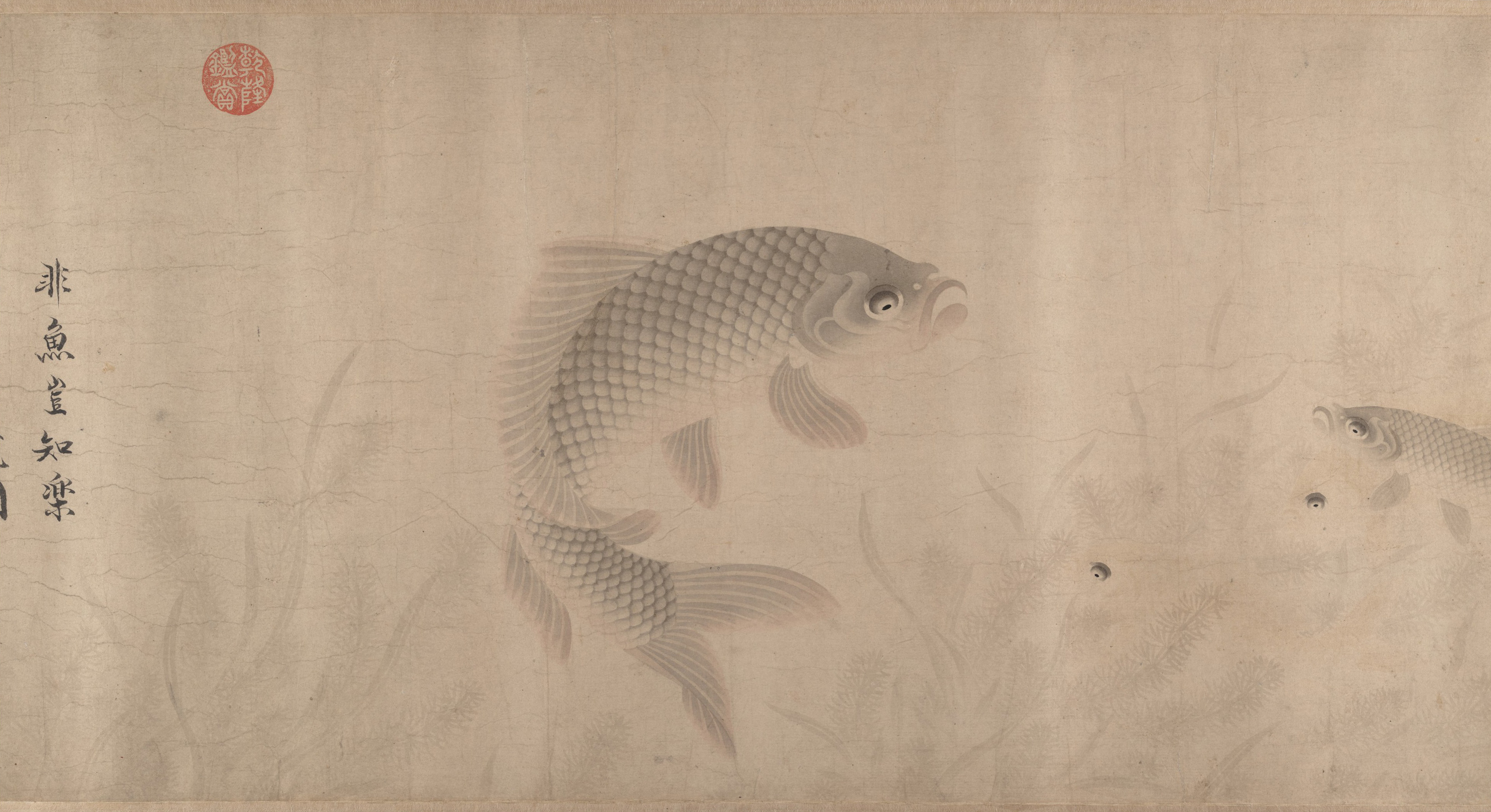
The Pleasures of Fishes, Zhou Dongqing, 1291, handscroll, ink and color on paper, China. Zhou Dongqing was a friend of Wen Tianxiang (1236–1283), the famous Song loyalist and a fellow native of Jiangsi Province. Zhou’s painting was inspired by a passage from the Daoist classic Zhuangzi (ca. 4th century B.C.), in which Zhuangzi, strolling along a river, observes, “See how the minnows come out and dart around where they please! That’s what fish really enjoy!” His companion Huizi remarks, “You’re not a fish — how do you know what fish enjoy?” Zhuangzi replies, “You are not I, so how do you know I don’t know what fish enjoy?” Painted on paper instead of silk, the work’s muted colors and flat patterns of pale inkwash evoke a mood of detachment and withdrawal, which Zhou’s inscription reinforces. Born in Linjiang, not far from the Daoist center at Mount Longhu (Dragon Tiger Mountain), Zhou may have been strongly influenced by Daoism. Source: The Metropolitan Museum of Arꜛ (public domain)
The inscription at the end of the handscroll above reads:
Not being fish, how do we know their happiness?
But we may express our feelings in our painting.
In order to probe the subtleties of the ordinary,
We must describe the indescribable.
Philosophical origins of Fengliu
Although fengliu as a term is not explicitly defined in foundational Daoist works like the Dao De Jing or the Zhuangzi, its underlying principles can be traced to Daoist notions of spontaneity (ziran), effortless action (wu wei), and harmony with nature. In Daoist thought, the highest form of action is one that flows naturally and gracefully, without force or pretense. Fengliu, as an aesthetic and ethical ideal, captures this sense of graceful spontaneity, blending beauty, naturalness, and a sense of ease.
Zhuangzi, in particular, provides many stories and parables that illustrate the spirit of fengliu. For example, the story of the butcher who effortlessly carves an ox without ever dulling his blade demonstrates mastery that arises from deep attunement to the Dao and a flow-like state of action. The butcher’s actions are not only effective but also elegant and graceful, embodying the essence of fengliu as a way of being in the world.
Fengliu as a cultural ideal
Over time, fengliu evolved from a philosophical concept into a broader cultural ideal that influenced Chinese art, poetry, and personal conduct. During the Tang and Song dynasties, fengliu came to be associated with the lifestyle of literati, artists, and scholars who sought to live in harmony with nature while cultivating elegance and refinement in their pursuits.
Poetry and literature
In poetry, fengliu is reflected in the works of renowned Daoist-inspired poets such as Li Bai and Wang Wei. These poets embraced a free-spirited approach to life, often celebrating the beauty of nature, the joys of wine, and the transient nature of existence. Their poetry captures the essence of fengliu through vivid imagery, emotional depth, and a sense of effortless elegance.
Li Bai, known for his flamboyant and carefree personality, exemplified fengliu in both his life and his art. His poems often depict moments of spontaneous joy and reflection, blending a love for nature with a deep philosophical awareness of the impermanence of life. This fusion of aesthetic beauty and philosophical insight is a hallmark of fengliu in Daoist-inspired literature.
Painting and calligraphy
In Chinese painting, particularly landscape painting, fengliu is expressed through the use of flowing lines, natural forms, and a sense of dynamic balance. Artists sought to capture not merely the external appearance of a scene but its underlying spirit or qi. This approach reflects the Daoist belief that true beauty arises from spontaneity and harmony with nature.
Calligraphy, another highly esteemed art form in Chinese culture, also embodies the ideal of fengliu. A master calligrapher’s brushwork is expected to flow effortlessly, conveying a sense of grace and vitality. The best calligraphy is said to capture the rhythm of the Dao, with each stroke reflecting the balance of yin and yang forces.
Ethical implications of Fengliu
Ethically, fengliu represents a way of life that combines spontaneity, elegance, and integrity. A person who embodies fengliu lives gracefully, responding to life’s challenges with ease and maintaining a sense of inner freedom and joy. This ideal aligns with the Daoist rejection of rigid moral codes and artificial conventions, favoring instead an ethic of naturalness and authenticity.
Unlike the Confucian model of virtue, which emphasizes duty, self-discipline, and adherence to social roles, the Daoist ideal of fengliu emphasizes personal freedom, creativity, and the cultivation of beauty in life. However, fengliu is not mere hedonism or indulgence; it involves a balance of spontaneity and refinement, freedom and responsibility.
In this sense, fengliu can be seen as a form of ethical artistry—living one’s life as a work of art, where each action is guided by a sense of harmony, grace, and elegance. This approach to ethics encourages individuals to cultivate both inner and outer beauty, fostering a sense of well-being and harmony in their interactions with the world.
Fengliu and the Daoist sage
In Daoist philosophy, the ideal sage embodies fengliu by living in accordance with the Dao, free from the constraints of societal expectations and personal ambition. The sage’s life is characterized by simplicity, spontaneity, and an effortless elegance that reflects their deep attunement to the natural world.
The Zhuangzi presents many stories of sages and hermits who exemplify fengliu through their way of life. These figures are often portrayed as wandering freely in nature, unburdened by wealth, fame, or power, and finding joy in simple pleasures. Their lives serve as models for those seeking to cultivate fengliu in their own lives, illustrating the Daoist belief that true happiness and fulfillment come from living gracefully and authentically.
Fengliu in martial arts
The principle of fengliu also finds expression in Daoist-influenced martial arts, such as Tai Chi and Wudang styles. These martial arts emphasize fluid, graceful movements that flow naturally and harmoniously, embodying the Daoist ideal of effortless action. Practitioners are taught to move with the rhythm of qi and to respond to an opponent’s force with softness and adaptability rather than brute strength.
In this context, fengliu represents not only physical grace but also a state of mental and emotional balance. A martial artist who embodies fengliu remains calm, centered, and responsive, moving in harmony with the flow of energy rather than resisting it.
Conclusion
Fengliu is a rich and multifaceted concept in Daoist philosophy and Chinese culture, representing an ideal of graceful flow, elegant conduct, and harmonious living. Rooted in the Daoist principles of spontaneity, naturalness, and effortless action, fengliu offers a vision of life that is both aesthetically beautiful and ethically profound.
Whether expressed through poetry, painting, calligraphy, personal conduct, or martial arts, fengliu reflects the Daoist belief that true beauty and virtue arise from living in harmony with the Dao. It encourages Daoists to cultivate a life of elegance, freedom, and spontaneity, finding joy in the present moment and embracing the ever-changing flow of existence.
References
- Slingerland, Edward, Effortless action: Wu-wei as conceptual metaphor and spiritual ideal in early China, 2007, Oxford University Press, ISBN: 978-0195314878
- Richard Wilhelm (Übersetzer), I Ging: das Buch der Wandlungen, 2017, Nikol Verlag, ISBN: 9783868203950
- Laozi, Viktor Kalinke (Übersetzung), Studien zu Laozi, Daodejing - , Bd. 1: Eine Wiedergabe seines Deutungsspektrums: Text, Übersetzung, Zeichenlexikon und Konkordanz, 2000, Leipziger Literaturverlag, 2. Auflage, ISBN: 9783934015159
- Viktor Kalinke, Laozi, Studien zu Laozi, Daodejing, Bd. 2: Eine Erkundung seines Deutungsspektrums: Anmerkungen und Kommentare, 2000, Leipziger Literaturverlag, 2. Auflage, ISBN: 9783934015180
- Viktor Kalinke, Nichtstun als Handlungsmaxime: Studien zu Laozi Daodejing, Bd. 3: Essay zur Rationalität des Mystischen, 2011, Leipziger Literaturverlag, ISBN: 9783866601154
- Laozi, Richard Wilhelm (Übersetzer), Tao te king - das Buch des alten Meisters vom Sinn und Leben, 2010, Anaconda, ISBN: 9783866474659
- Zhuangzi, Viktor Kalinke (Translator), Zhuangzi - Das Buch der daoistischen Weisheit, 2019, Reclam, ISBN: 9783150112397
- Lü Bu We (Autor), Richard Wilhelm (Herausgeber, Übersetzer), Das Weisheitsbuch der alten Chinesen - Frühling und Herbst des Lü Bu We, 2015, Anaconda, ISBN: 9783730602133
- Bokenkamp, Stephen R., Early Daoist scriptures, 1999, University of California Press, ISBN: 978-0520219311
- Kohn, Livia, Daoism and Chinese culture, 2005, University of Hawaii Press, ISBN: 978-1931483001
- Robinet, Isabelle, Daoism: Growth of a religion, 1997, Stanford University Press, ISBN: 978-0804728386
- Watson, Burton (trans.), The complete works of Zhuangzi, 2013, Columbia University Press, ISBN: 978-0231164740
- Martin Bödicker, Schrittweise das Dao Verwirklichen - Tianyinzi - Tägliche Übung - Riyong, 2015, Verlag n/a, ISBN: 9781512157475
- Martin Bödicker, Innere Übung - Neiye - Das Dao als Quelle - Yuandao, 2014, CreateSpace Independent Publishing Platform, ISBN: 978-1503157071
- Ingrid Fischer-Schreiber, Michael S Diener (Herausgeber), Franz K Erhard (Herausgeber), Kurt Friedrichs (Herausgeber), Lexikon der östlichen Weisheitslehren - Buddhismus, Hinduismus, Daoismus, Zen, 1986, O.W. Barth, ISBN: 9783502674047
- Ingrid Fischer-Schreiber, Das Lexikon des Daoismus - Grundbegriffe und Lehrsysteme; Meister und Schulen; Literatur und Kunst; meditative Praktiken; Mystik und Geschichte der Weisheitslehre von ihren Anfängen bis heute, 1996, Wilhelm Goldmann Verlag, ISBN: 9783442126644
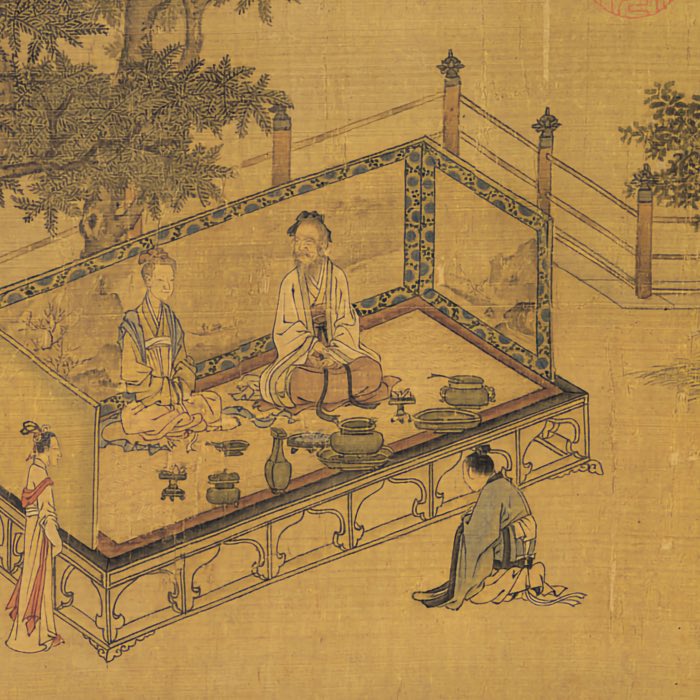
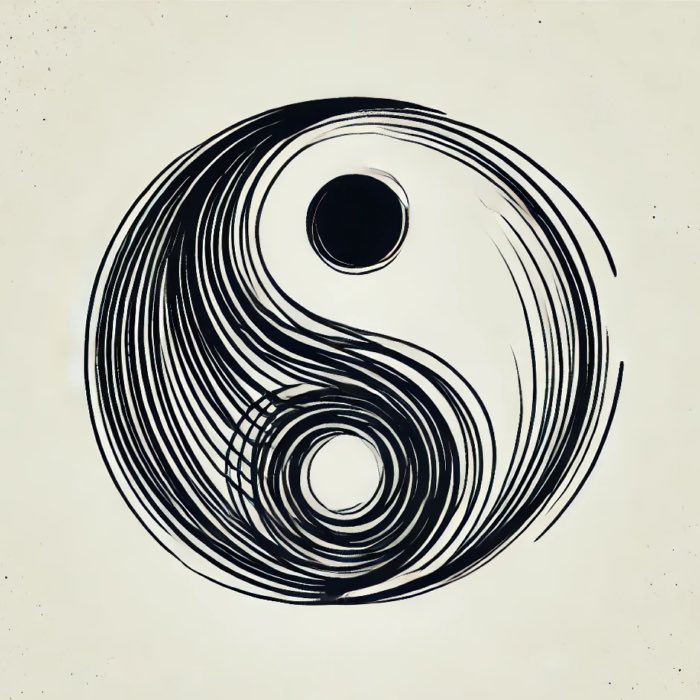
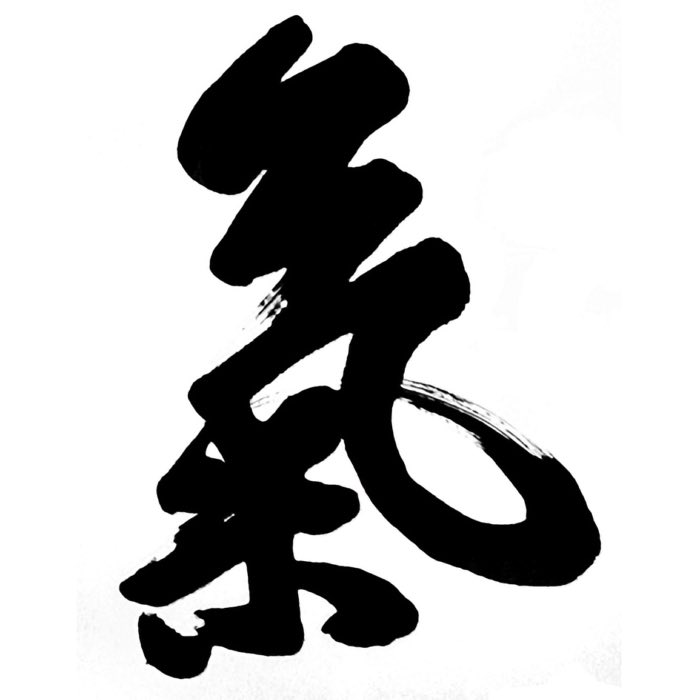
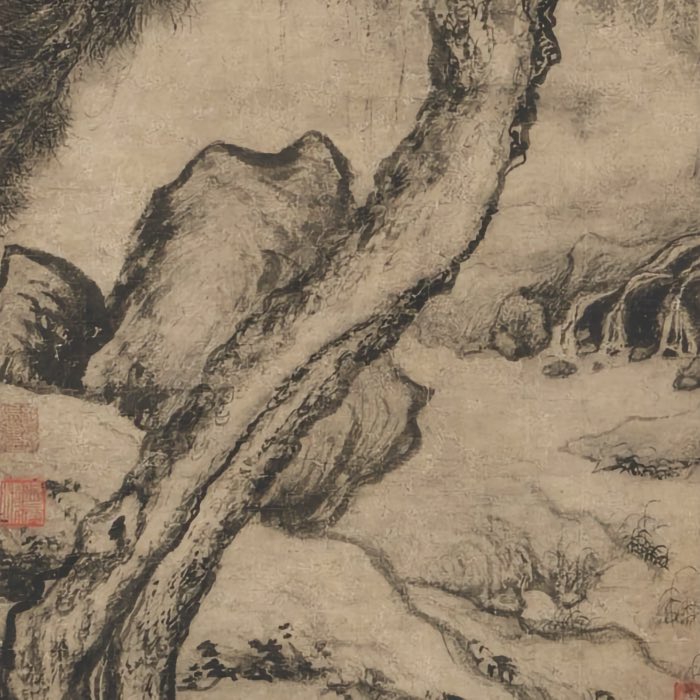
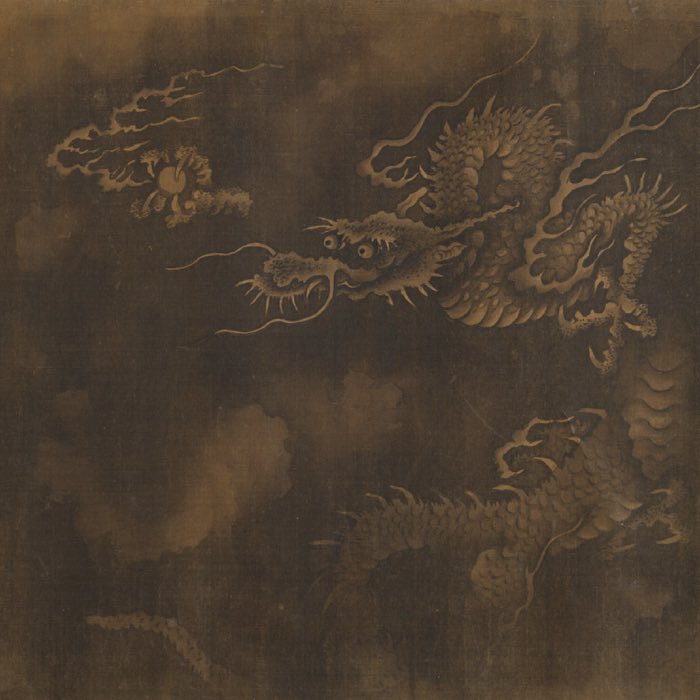
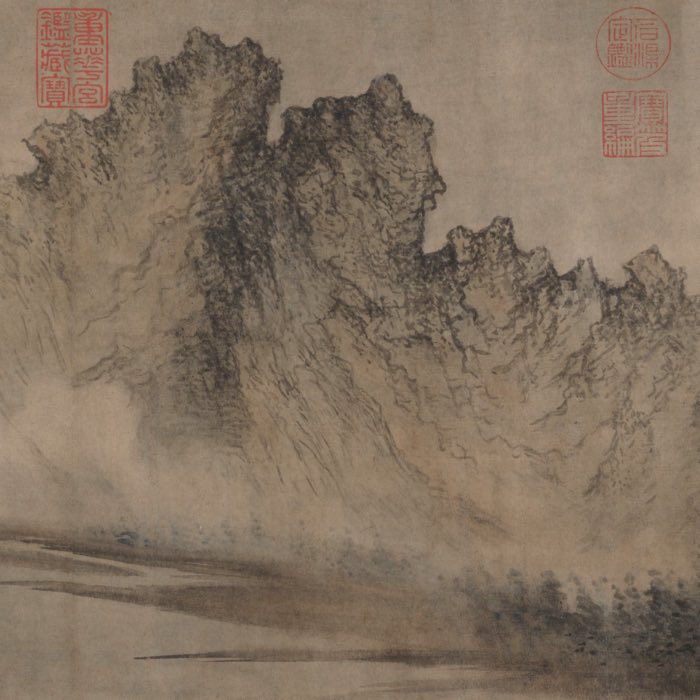
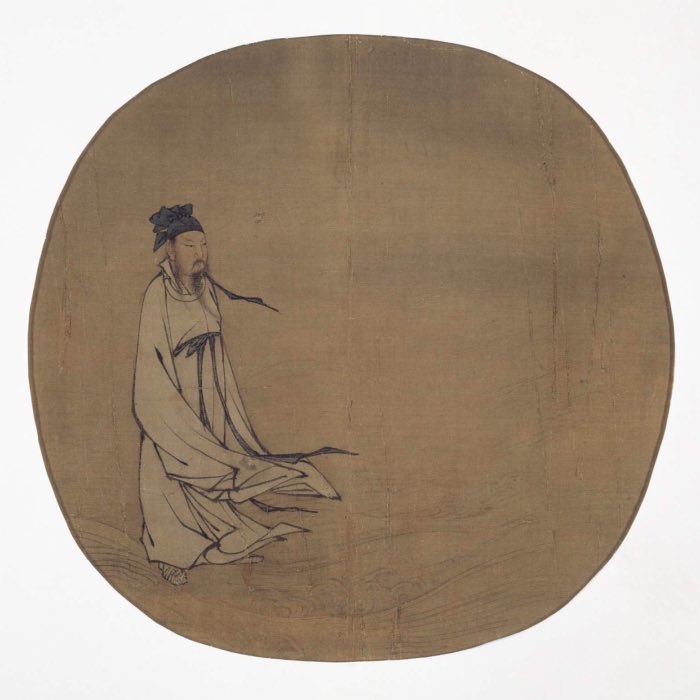
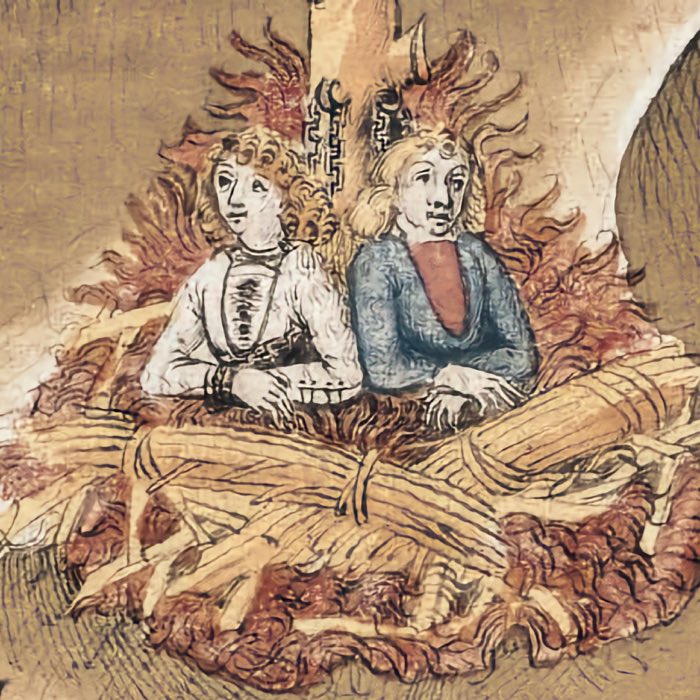
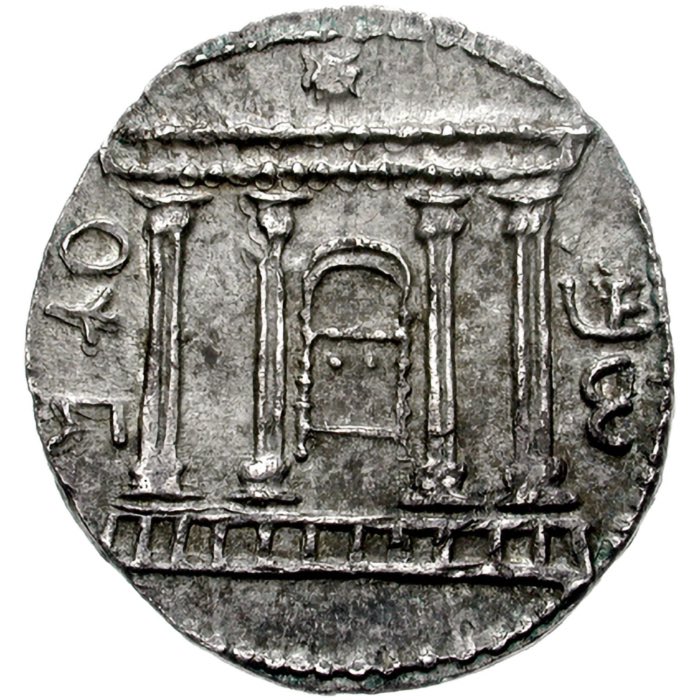
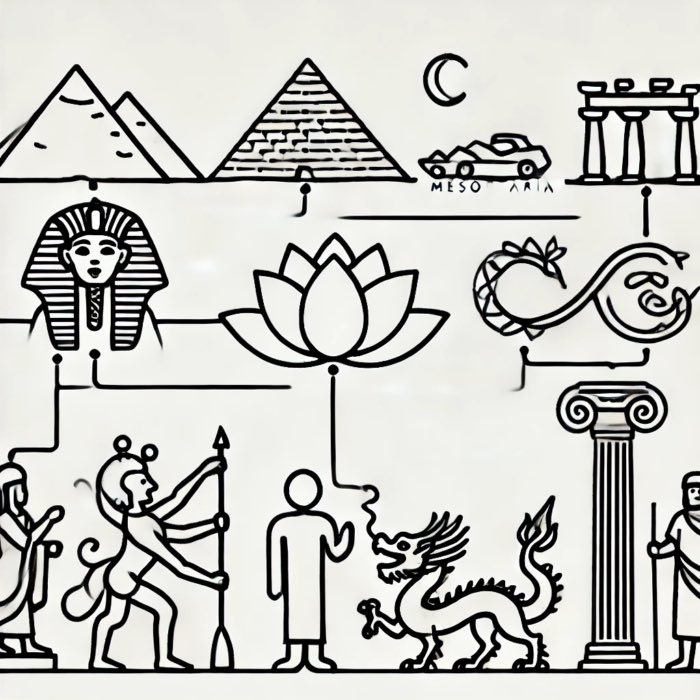
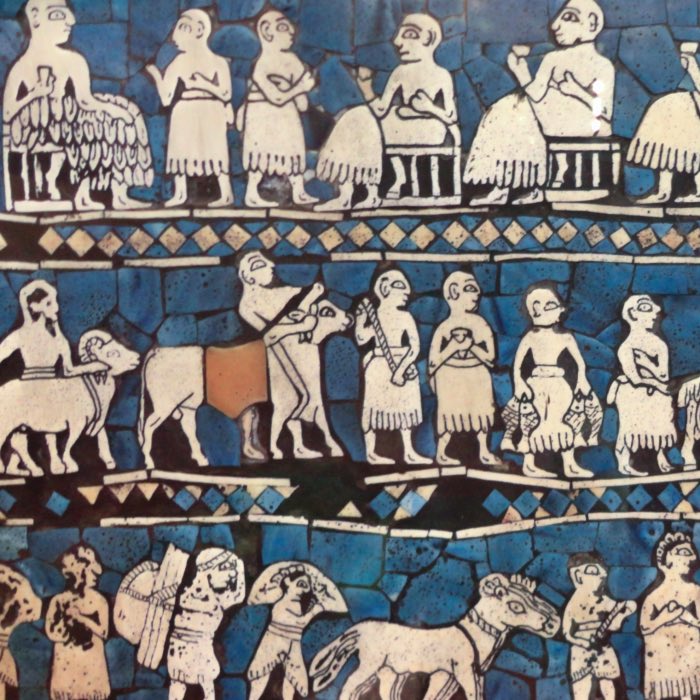
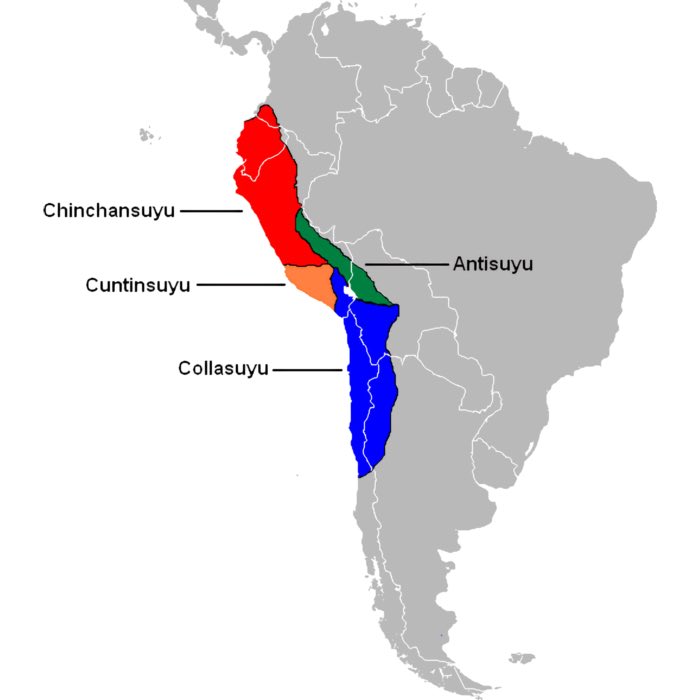

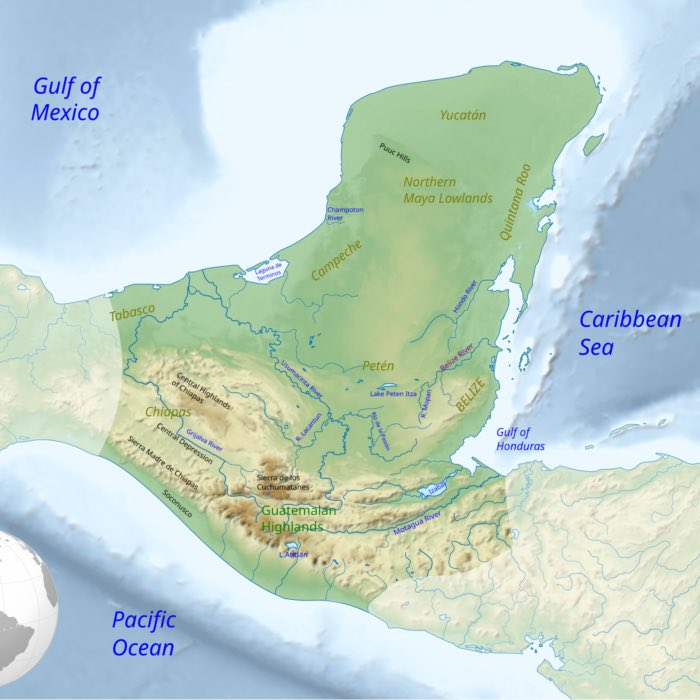
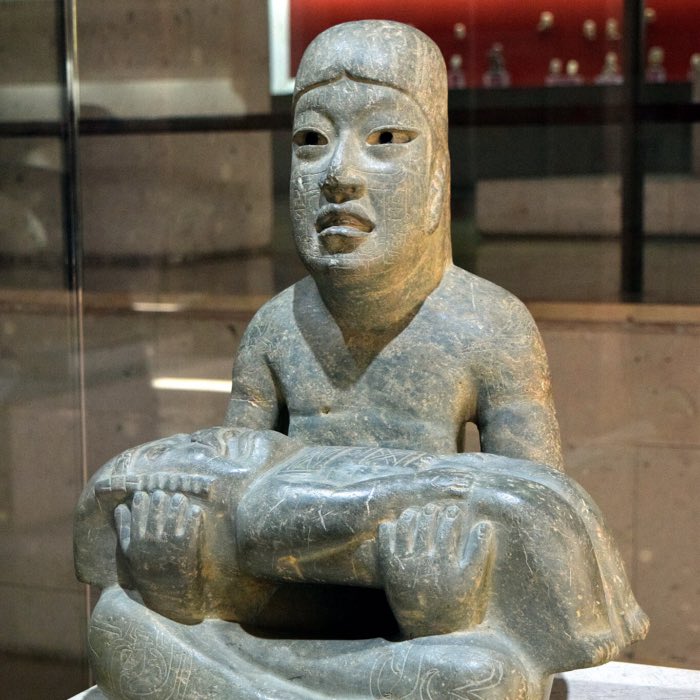
comments